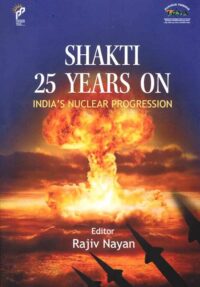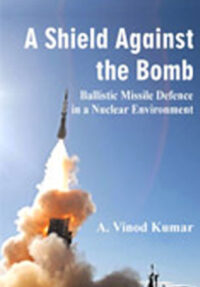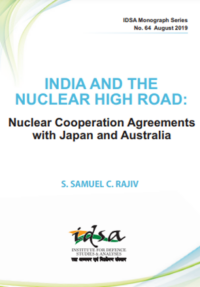Indo-US Business Relations: Setting new records
With the passage of a year since the visit of President George W. Bush to India, it is the business communities of the two countries that have benefited the most from the momentum created by the upsurge in Indo-US relations. While two-way trade and investment had been growing at a steady clip, the announcement and subsequent passage of the Bill on Co-operation in Civil Nuclear Energy, intended to remove the last vestiges of the adversarial relations between the two countries, have taken business relations to a new level.
- Cherian Samuel
- March 08, 2007









